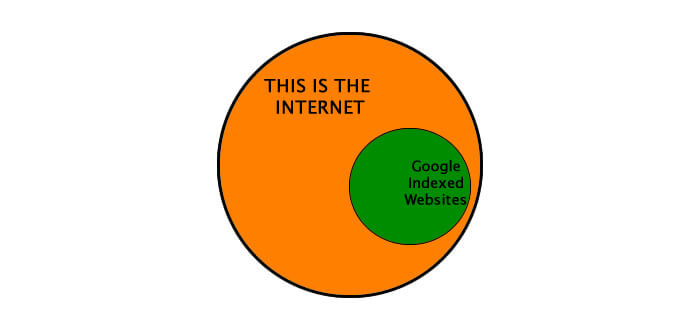Google Penalties & How You Can Avoid Them
Google uses a series of complex algorithms to measure, test & rank each page it can find online, handing Google penalties to any site that doesn’t meet their minimum standards.
Many pages never even make it into Googles index of websites.

“GOOGLE CHOOSES THE SITES AND PAGES THAT IT CONSIDERS TO BE GOOD QUALITY AND RANKS THEM IN ITS SERP LISTINGS”
Google has core algorithms and supplemental algo’s that filter what they consider to be low quality sites and content from their listings.
At its heart, Google is trying to provide useful, high quality results that people will get value from. To do this, they try to remove everything that they consider less than ideal. If you don’t appear in the number one spot when you search for your exact URL (www.myurl.com) then Google doesn’t like you.
There are many Google penalties & ways for Google not to like you, these are their favourites;
1.Content Quality
Does your content read well? Is it grammatically correct? Is it punctuated, formatted and laid out to be easy to read? Google can gauge the reading age of your text and will reward or punish you accordingly.
2. Duplicate Content
If you just republish other peoples content then your site will not rank well. Google really dislikes duplication of content, regardless of how good the content quality is. If you want to mention other authority content, you should link to it instead of copy and paste.
3. Load Speed
Google has a simple yes/no filter to manage page load speed. They don’t include slow loading websites in their index, because slow sites irritate people and most users don’t wait for long before hitting the back button.
4. Bounce Rate
Google use bounce rate to assess your content quality. If your visitors don’t like what they see and click on the back button then Google will conclude that your content isn’t ideal for that search term of keyword, and will demote you in their results.
5. Time on Site
The time that your visitors spend reading your pages is an important metric, again used to gauge the relevance of your content to the search term of phrase you were found for.
6. Mobile Friendly Compatibility
Over 50% of searches are carried out on mobile phones and tablets. If your site doesn’t comply with Googles expectations of mobile friendliness, you won’t appear in their search listings carried out on mobile devices. This will instantly cut the volume of potential visitors in half, limiting your sales and profitability.
7. Off Page SEO
Otherwise known as link building or backlinks, off-page SEO is a vital ‘popularity’ metric that Google, Bing and Yahoo use to measure your online authority, trust and popularity.
If high quality, trusted websites such as .edu and .gov sites reference your website content from within their content then you will grow your online authority, be trusted more and your rankings will improve.
For the majority of sites, creating high quality contextual reference links like these is quite a challenge, but these are the best links you can create for your site.
If you think about it from Googles point of view, you can confidently trust the resources that high quality sites link to because they only link to the most useful, high quality resources themselves.
In practical terms, most websites will need to create links from the best quality, high authority sites that they can. The key is to focus on relevant, site categorisation, landing page relevance etc.
Links from ‘Bad Neighbourhoods’ will have a negative affect on your rankings, so you need to be careful who links to you. If you have links from known link networks, or sites that Google has identified as ‘existing only to manipulate rankings’ you will also be penalised in SERPs. Check your Google WMT’s for notification of any manual penalties.
8. Authority & Reputation
Your online reputation has only recently become an important ranking metric. If you associate with undesirable sites, link networks etc. you will be dropped or excluded from SERPs. Your perceived authority online is important to your success.
9 Social Sharing
If your content is shared across social networks then Google will value your content more. Social sharing is quite difficult and expensive to fake making it a good metric for assessing content quality and value. You need real people to share your content with their friends and contacts.
If you are not mentioned, liked, shared, etc. across social media then you will lose out in search to your competitors who do have an active sharing strategy.

